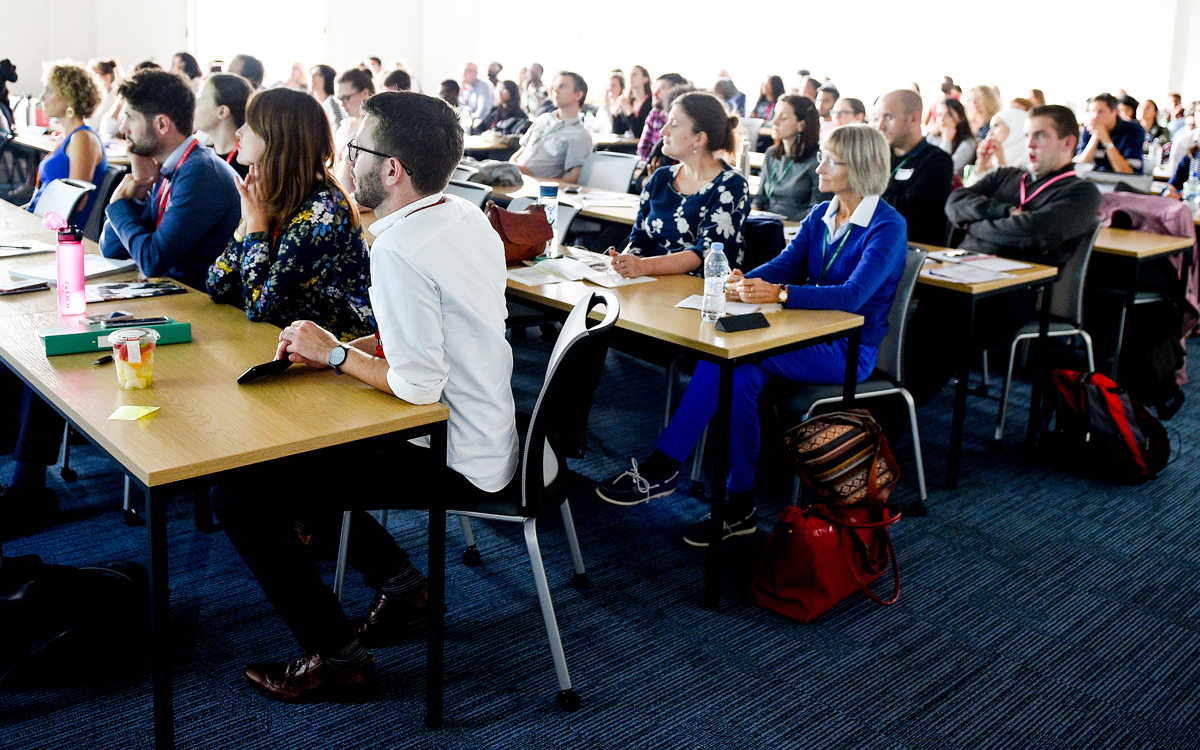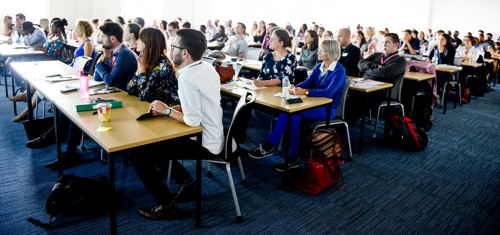Rebecca Murray discusses access to higher education for Refugees and displaced people.


Rebecca Murray
Research Associate of the University of Exeter and the University of Sheffield
The transformative power of higher education and the opportunities it generates, has never required an explanation for me personally, nor the countless number of forced migrants (refugees, asylum seekers – anyone who has been forcibly displaced) I have had the privilege to work with. What does require explanation is why these opportunities, in spite of academic ability and ambition, are so challenging to access if your life has been disrupted and you've been displaced by events way beyond your personal control. The lived reality of the barriers imposed by immigration status on aspirations – which require access to and participation in higher education – was first revealed to me nearly 15 years ago.
A group of young asylum seekers meeting under the auspices of Save the Children's 'Brighter Futures' project, persuaded me that we should lead a campaign to transform access to higher education for people seeking asylum. I was initially opposed, foreseeing disaster and disappointment, but the group insisted and we embarked on a journey to overcome two major hurdles: their categorisation as international students for the purpose of university tuition fees and their lack of eligibility for student funding required to meet the cost of their higher education studies. Unbeknownst to me, this experience would go on to transform, and subsequently inform every career decision I've made since.

The members of Brighter Futures developed and implemented a strategic campaign in which they excelled in their role as negotiators, persuading vice-chancellors to create scholarships to facilitate access. Three years into the campaign, the first member of the group commenced an undergraduate degree programme; the following year three more followed in his footsteps. In 2010, in order to respond to the growing number of opportunities created for forced migrant students, I co-founded the Article 26 project with Canon Nicholas Sagovsky, under the umbrella of the Helena Kennedy Foundation. The project took its name from article 26 of the Universal Declaration of Human Rights, which states that in addition to education being a human right, access to higher education should be based on merit (United Nations 1948).
In academic year 2010/11, the first three official Article 26 students commenced their degree programmes following a UK-wide recruitment campaign. By the summer of 2015, the impact of the war in Syria was felt profoundly across Europe, as the number of displaced people seeking asylum on the continent rose – as did the availability of scholarships, owing to the proliferation of support from UK universities (reflective of the global response). A record 73 UK universities have at some point over the course of the past decade provided opportunities for forced migrants to study within their institution, for many this support is ongoing.
Creating 'routes to belonging'
This campaign journey led to constant encounters with the 'unknown', usually triggered by questions and requests for information from universities. My personal response was to embark on a programme of doctoral study to explore the 'unknown', in a bid to better understand the role of higher education in creating 'routes to belonging' for forced migrants. In order to expand my locus of knowledge beyond the UK to the broader European context, I undertook half of my field work in Sweden. This process proved to be revelatory in terms of understanding how the challenges facing forced migrants transcend country contexts, legislative, policy, practice and institutional differences. I discovered far greater commonality than disparity across the forced migrant cohort of participants, in spite of their heterogeneous experiences, status and identity characteristics.
My doctoral study resulted in three key impact activities – the first was further research, centered on a detailed mapping of a decade of the changing composition and provision of scholarships in higher education. The second involved the publication of a series of 'Sanctuary Scholarship' resources to support universities to establish and implement a new initiative or review and revise existing practice. Finally, the need to secure the legacy and future of Article 26 led to the project's integration into the City of Sanctuary, Universities of Sanctuary stream – marrying tangible opportunities to study in higher education alongside creating and embedding an inclusive culture for all forced migrants across university campuses.
Extending the Welcome
Earlier this year, I was invited to participate in the 'Extend the Welcome' conference organised by the ACU – an invitation that coincided with my own scoping trip to Australia and New Zealand to investigate my next anticipated research venture: undertaking a comparison of the post-graduation experiences of forced migrants across different Commonwealth countries, while building the capacity of forced migrant graduates to lead future research in this area. The Commonwealth provides an invaluable framework within which to meaningfully explore these issues at the international level, to connect and generate communities of practice based upon meeting the actual, as opposed to the imagined, needs of these students.
